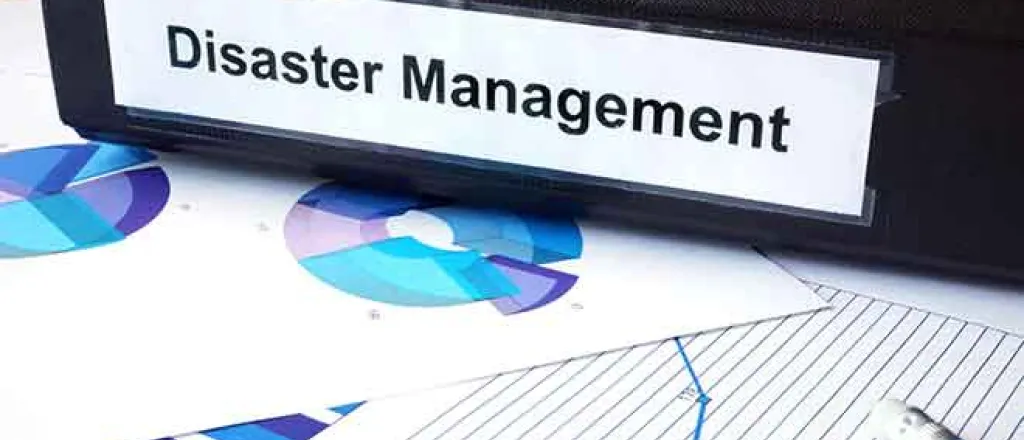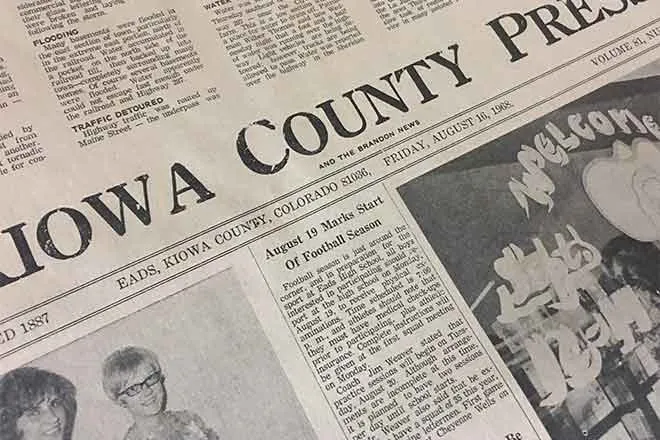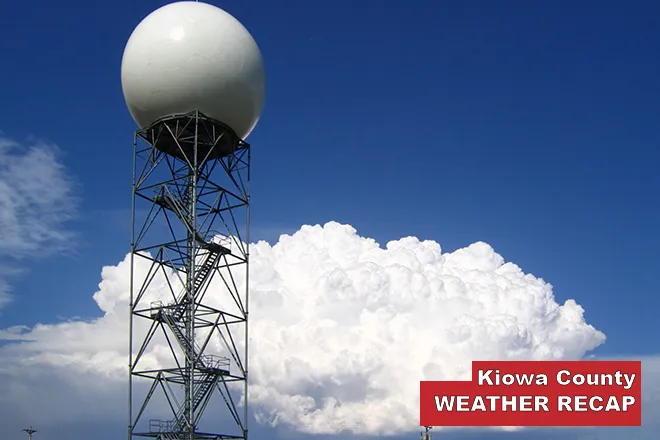
Winter tips from the Emergency Manager
Winter storms and cold temperatures can be dangerous. Stay safe and healthy by planning ahead. Prepare your home and vehicles. Prepare for power outages and outdoor activity. Although winter comes as no surprise, many of us may not be ready for its arrival. If you are prepared for the hazards of winter, you are more likely to stay safe and healthy when temperatures start to fall.
Prepare Your Home
Staying inside is no guarantee of safety. Take these steps to keep your home safe and warm during the winter months. Winterize your home by installing weather stripping, insulation, and storm windows.
Insulate water lines that run along exterior walls, clean out gutters and repair roof leaks. Check or change the battery when you change your clocks in the fall and spring. Check your heating systems; have your heating system serviced professionally to make sure that it is clean, working properly, and ventilated to the outside. Inspect and clean fireplaces and chimneys. Have a safe alternative heating source and alternate fuels available. If you do not have a working smoke detector, install one, test batteries monthly and replace them twice a year. Prevent carbon monoxide (CO) poisoning emergencies, look into installing a CO detector to alert you of the presence of the deadly, odorless, colorless gas and learn the symptoms of CO poisoning: headache, dizziness, weakness, upset stomach, vomiting, chest pain, and confusion. Leave
your home immediately if the CO detector sounds and call 911.
Be prepared for weather-related emergencies, including power outages Ensure that your cell phone is fully charged. You can stock food that needs no cooking or refrigeration and water stored in clean containers. Have extra water on hand for drinking, food prep and bathing. It is wise to keep battery-operated devices, such as a flashlight, a National Oceanic and Atmospheric Administration (NOAA) Weather Radio, and lamps and extra batteries on hand. Keep a well-stocked First-aid kit available and make sure you have extra medications and prescriptions. Also, if there are young children stock up on baby items and children’s needs ahead of time. Keep sand, rock salt or kitty litter available for icy walkways.
Prepare Your Vehicle
Get your vehicle ready for cold weather use before winter arrives. Service the radiator and maintain antifreeze level, check your tires’ tread or, if necessary, replace tires with all-weather or snow tires. Try to keep the gas tank full to avoid ice in the tank and fuel lines and use a wintertime formula in your windshield washer. It is always a good idea to prepare a winter emergency kit to keep in your car in case you become stranded. The kit should include items like: Cell phone, portable charger, and extra batteries. Items to stay warm, such as extra hats, coats, mittens, blankets, or sleeping bags and plastic bags (for sanitation). Keep food and water in your vehicle, snack items that will insure to keep your energy level up. Other things to keep in your vehicle for safety measures are a flashlight, battery-powered radio, and extra batteries, compass and maps, and booster cable, flares, tire pump, and a bag of sand or cat litter (for
traction). Wear appropriate outdoor clothing: layers of light, warm clothing; windproof coat, mittens; hats; scarves; and waterproof boots.
Take Precautions Outdoors
Wear appropriate outdoor clothing: wear a tightly woven, preferably wind-resistant coat or jacket; inner layers of light, warm clothing; mittens; hats; scarves; and waterproof boots. Work slowly when doing outside chores, carry a cell phone and sprinkle cat litter, sand or ice melt pellets. Be ready to check on family and neighbors who are especially at risk from cold weather hazards: young children, older adults, and the chronically ill. If you have pets, bring them inside. If you cannot bring them inside, provide adequate, warm shelter and unfrozen water to drink.
In closing remember no one can stop the onset of winter. However, if you follow these suggestions, you will be ready for it when it comes.
Shellie Engelhardt
Kiowa County Emergency Management Coordinator
Office: 719-438-2288 Cell: 719-688-0506
sengelhardtoem@gmail.com
















